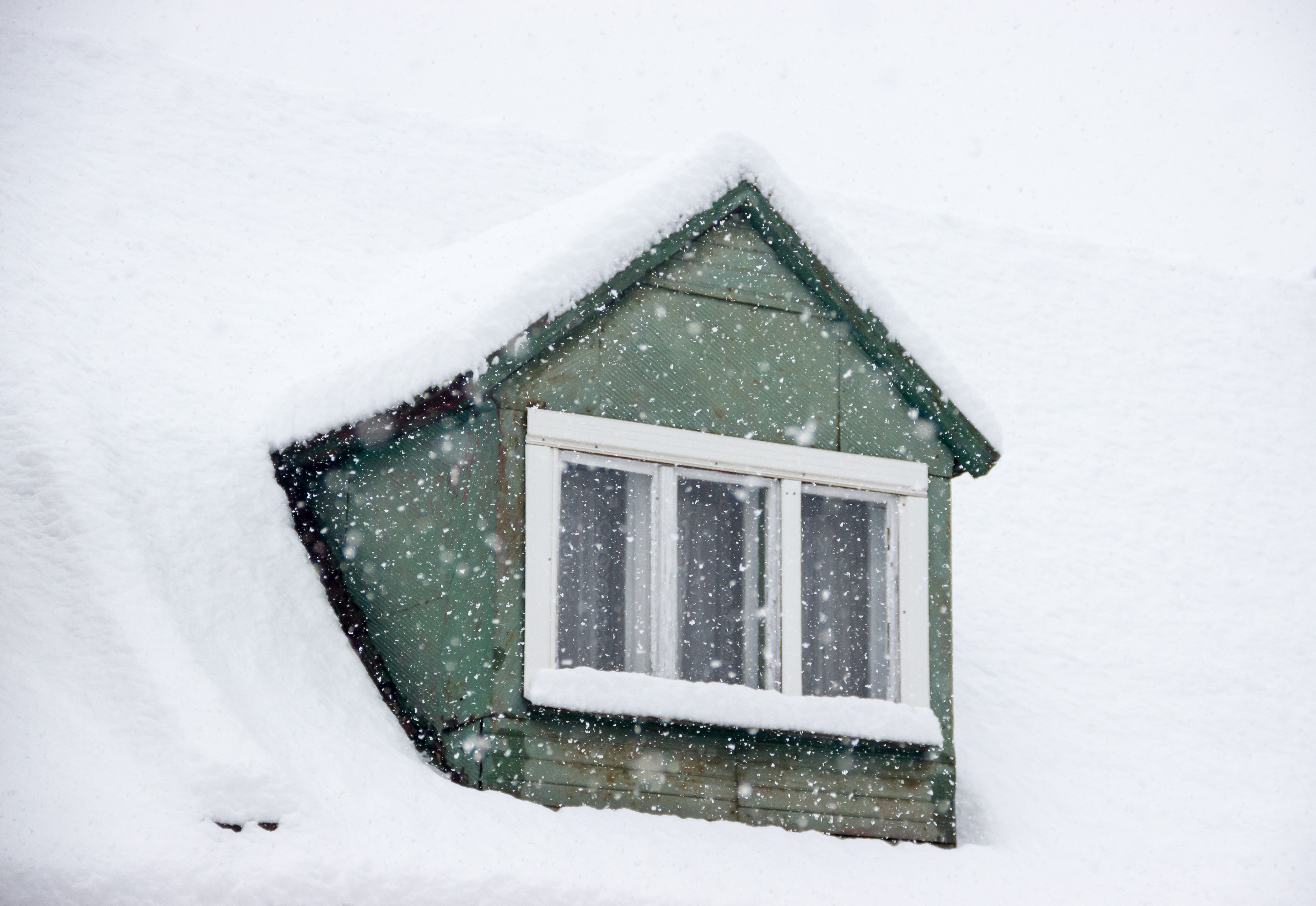With just a bit of research on the internet you will find many useful tips on how to lower your electric bill in Winter – from keeping your furnace clean to only heating the rooms you actually use, every bit of cold air you can keep out and any heat that you can get to stay in, will work together to reduce your heating costs. But the best energy saving tips really concern your windows and doors. According to Energy.gov – Heat gain and heat loss through windows are responsible for 25%–30% of residential heating and cooling energy use.
Understanding Heat Gain and Heat Loss
The thermal performance of your windows will depend on the tightness and material of the window frame, the configuration of the glass panes, along with additional features such as E-coatings. The windows in your home can allow heat loss in the following ways:
- heat radiating through the glass
- heat leaking out around the frame
- heat conducted out via the frame material
In the winter, these three factors will increase your energy costs. And even though windows also allow some heat gain from the sun’s rays and the transfer of heat by convection from the outside into the home – during winter months, heat gain is minimal. Replacing your windows that are causing substantial heat loss is the most important of winter energy saving tips.
 3 Ways to Reduce Heating Costs
3 Ways to Reduce Heating Costs
Tip 1 – One way to reduce energy cost is to reduce the heat radiating out through the glass. Consider replacing your single pane windows with double pane, or insulated glass windows. Double glazed windows are separated by a vacuum or gas-filled space which acts to reduce heat transfer from indoors to outdoors – and vice versa.
Tip 2 – Choose replacement windows with frames that help limit the transfer of cold from the outside. Window frame materials that offer low heat conductance include fiberglass, insulated or hollow vinyl, and wood framed windows. Since wood is so prone to deterioration, if you have wood framed windows consider replacing them with an engineered material such as fiberglass.
Tip 3 – If your windows are old and the frames are showing signs of damage such as cracks, mold, dents, or frame separation, then replacement windows are the best solution. You will find some homeowners using plastic film or weather stripping to keep the winter winds from blowing in around the window frame, but this temporary solution is not practical as the cold air will still transfer through these materials.
 Best Energy Saving Tips for Winter
Best Energy Saving Tips for Winter
- When you choose energy efficient windows with the Energy Star label, you can save “$27–$111 a year over double-pane, clear glass replacement windows.”
- To reduce energy use from increased lighting during winter months, add motion detectors and timers to turn off lights in unoccupied rooms.
- Use shades or drapes on windows that are prone to high winds, and replace old door sweeps with heavy duty versions to block drafts that enter under the door.
- Get an energy audit to see where the most energy loss is occurring in your home. Often, leaky HVAC ducts, basements, and attics are causing a loss of heat in the home.
- Invest in a smart thermostat that automatically adjusts the temperature depending on the time of day or during preset times such as during work and school hours.
Takeaways
- Use multiple winter energy saving tips to get the most savings on your utility costs.
- If window frames are allowing cold air drafts, the best solution is to replace the windows in your home to lower electric bill in Winter
- Plastic film and weather stripping are only temporary solutions to heat loss through faulty windows
- Vinyl and fiberglass are the top performing materials for winter window replacement
RWC provides bathroom and kitchen remodeling, including design along with door installation and window replacement to homeowners in northern New Jersey. Contact us today to see how we can help prepare your home and windows for the Winter season!